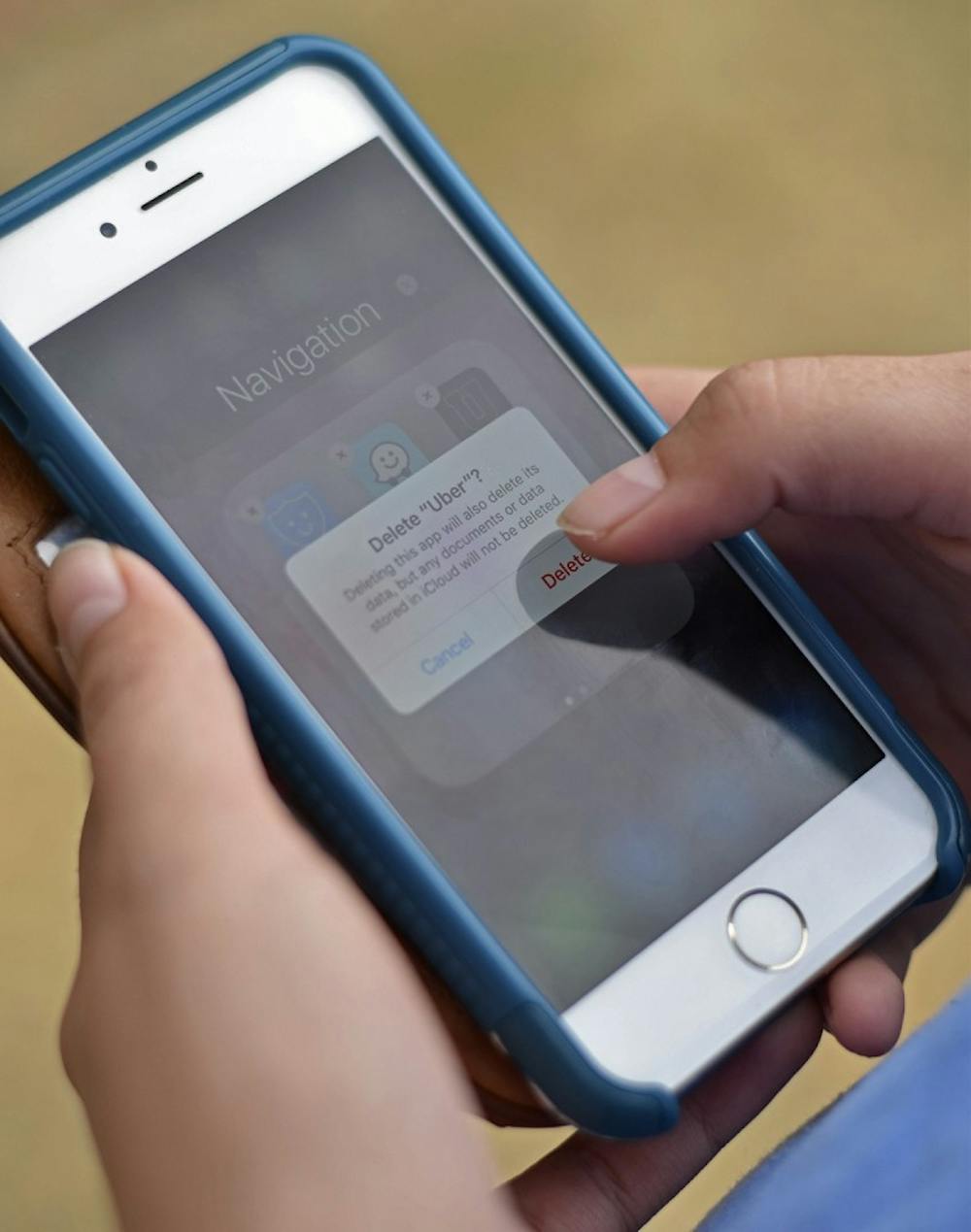Many Uber users took to social media to express their disapproval of Kalanick’s affiliation with the Trump administration, using hashtags like #DeleteUber.
Last week, Kalanick announced he would no longer be joining the economic advisory group.
“Earlier today I spoke briefly with the President about the immigration executive order and its issues for our community,” Kalanick said in a letter to staff. “I also let him know that I would not be able to participate on his economic council.”
Minna Banawan, a first-year psychology and women’s studies major at UNC, took part in the wave of Uber app deletions.
“I, for my part, thought he was being tactless in trying to work with Trump,” she said. “He would have fully gone through with it had he not been criticized for it.”
The company was criticized by some in the aftermath of Trump’s executive order, which suspended travel and immigration from seven majority-Muslim countries.
During a strike by New York City taxi drivers on Jan. 28, Uber New York removed surge pricing on Uber rides to and from John F. Kennedy Airport.
Kalanick sent a message to his employees expressing solidarity with those affected by the travel ban and echoing inclusive rhetoric.



